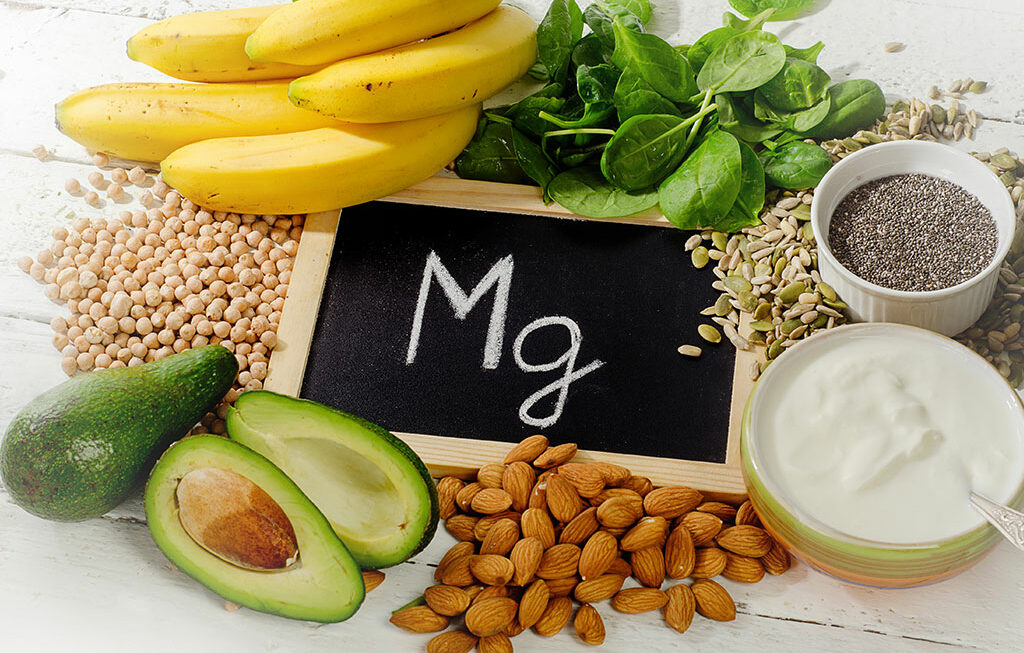Introduction
Vitamin D3, often referred to as the “sunshine vitamin,” is a crucial nutrient that plays a central role in various physiological functions within the human body. Beyond its well-known association with bone health, vitamin D3 influences immune function, supports cardiovascular health, and contributes to overall well-being. In this comprehensive guide, we explore the multifaceted benefits of vitamin D3, shedding light on its importance for optimal health.
The Role of Vitamin D3
Vitamin D3, a fat-soluble vitamin, is a vital player in maintaining health and preventing disease. Unlike other essential vitamins that primarily come from the diet, vitamin D3 can be synthesized by the skin when exposed to sunlight. This unique characteristic underscores its moniker as the “sunshine vitamin.” Once synthesized or obtained through diet and supplements, vitamin D3 undergoes conversion in the liver and kidneys to its active form, where it exerts its myriad functions.
Bone Health and Calcium Regulation
The most well-established role of vitamin D3 is in supporting bone health. It facilitates the absorption of calcium and phosphorus in the intestines, essential minerals for bone mineralization and density. A deficiency in vitamin D3 can lead to impaired calcium absorption, potentially resulting in weakened bones and conditions such as rickets in children and osteoporosis in adults.
Immune System Modulation
Emerging research has illuminated the integral role of vitamin D3 in immune system modulation. It influences both the innate and adaptive arms of the immune system, contributing to the body’s defense against infections and diseases. Vitamin D3 supports the function of immune cells, enhances the production of antimicrobial peptides, and helps regulate inflammatory responses. Adequate vitamin D3 levels are associated with a reduced risk of respiratory infections, autoimmune disorders, and chronic inflammatory conditions.
Cardiovascular Health
Vitamin D3 has been implicated in cardiovascular health, with studies suggesting its potential benefits for heart health. It may contribute to the regulation of blood pressure, the modulation of inflammation, and the improvement of endothelial function. Endothelial cells line the blood vessels and play a crucial role in vascular health. By positively influencing these factors, vitamin D3 may contribute to overall cardiovascular well-being.
Mood Regulation and Mental Health
The connection between vitamin D3 and mental health has garnered increased attention. Research suggests that vitamin D3 receptors are present in areas of the brain associated with mood regulation. Low levels of vitamin D3 have been linked to conditions such as depression and seasonal affective disorder (SAD). While the mechanisms are complex and require further exploration, maintaining adequate vitamin D3 levels appears to be a factor in supporting mental well-being.
Cancer Prevention
Scientific investigations have explored the potential role of vitamin D3 in cancer prevention. Some studies suggest that adequate vitamin D3 levels may be associated with a reduced risk of certain cancers, including colorectal, breast, and prostate cancers. The mechanisms involve vitamin D3’s influence on cell differentiation, apoptosis (programmed cell death), and inhibition of angiogenesis (the formation of blood vessels that support tumor growth).
Regulation of Gene Expression
Vitamin D3 exerts its effects on the body by regulating gene expression. It acts as a hormone, binding to vitamin D receptors (VDRs) present in various tissues. This binding initiates a cascade of molecular events that influence the expression of genes involved in calcium metabolism, immune function, and cellular proliferation. The genomic actions of vitamin D3 underscore its role as a master regulator of diverse physiological processes.
Pregnancy and Fetal Development
Adequate vitamin D3 levels during pregnancy are crucial for both maternal health and fetal development. Vitamin D3 influences the absorption of calcium, vital for the formation of the fetal skeleton and teeth. Insufficient vitamin D3 during pregnancy has been associated with an increased risk of complications, including gestational diabetes, preeclampsia, and impaired fetal growth.
Skin Health
While excessive sun exposure can have detrimental effects on the skin, moderate sun exposure leading to the synthesis of vitamin D3 is beneficial for skin health. Vitamin D3 has anti-inflammatory properties and may contribute to the management of certain skin conditions, such as psoriasis. Additionally, it plays a role in promoting wound healing and maintaining the integrity of the skin barrier.
Sources of Vitamin D3
Vitamin D3 can be obtained through various sources, including
- Sunlight: The skin synthesizes vitamin D3 when exposed to ultraviolet B (UVB) rays from sunlight. Spending time outdoors, particularly during midday, is essential for natural vitamin D3 production.
- Diet: Certain foods are natural sources of vitamin D3, including fatty fish (salmon, mackerel, tuna), egg yolks, and liver.
- Fortified Foods: Many foods, such as milk, orange juice, and cereals, are fortified with vitamin D3 to help individuals meet their dietary requirements.
- Supplements: Vitamin D3 supplements are available and can be recommended when natural sources are insufficient, especially in regions with limited sunlight exposure.
Factors Affecting Vitamin D3 Levels
Several factors influence vitamin D3 levels in the body, including
- Sun Exposure: The amount of time spent outdoors, the season, and geographical location impact the synthesis of vitamin D3 through sunlight.
- Skin Color: Individuals with darker skin may require more extended sun exposure to produce the same amount of vitamin D3 as those with lighter skin.
- Age: Aging is associated with reduced skin synthesis of vitamin D3 and decreased efficiency in converting vitamin D3 into its active form.
- Body Weight: Obesity can be associated with lower vitamin D3 levels, as the vitamin may be sequestered in adipose tissue.
- Dietary Intake: A diet deficient in vitamin D3-rich foods may contribute to inadequate vitamin D3 levels.
Vitamin D3 Deficiency: Causes and Symptoms
Vitamin D3 deficiency can arise due to various factors, including insufficient sunlight exposure, inadequate dietary intake, malabsorption issues, or certain medical conditions. Symptoms of vitamin D3 deficiency may include:
- Bone Pain: Due to impaired calcium absorption.
- Muscle Weakness: Resulting from compromised muscle function.
- Increased Susceptibility to Infections: Due to impaired immune function.
- Fatigue: A common symptom associated with vitamin D3 deficiency.
- Depression or Mood Changes: Emerging evidence links vitamin D3 deficiency to mood disorders.
Supplementation and Optimal Levels
Supplementation may be recommended to address vitamin D3 deficiency or insufficiency. Optimal vitamin D3 levels are generally considered to be in the range of 30 to 50 ng/mL. However, individual requirements can vary, and healthcare professionals may tailor recommendations based on factors such as age, health status, and geographical location.
Conclusion: Nurturing Health with the Sunshine Vitamin
Vitamin D3 stands as a cornerstone of health, orchestrating a symphony of biological processes that contribute to vitality and well-being. From bone health and immune modulation to cardiovascular support and mental well-being, the benefits of vitamin D3 are far-reaching. As we navigate the complexities of modern lifestyles, ensuring adequate vitamin D3 levels becomes paramount for optimal health.
- Ultimate Review: Just CBD Creams for Pain Relief—From Soothing to Intense Relief Options - August 22, 2024
- Unlocking the Potential A Comprehensive Guide to the Benefits of Artichoke Extract Nootropics - November 24, 2023
- Vitamin D3 Illuminating the Path to Wellness – A Comprehensive Guide to its Benefits - November 24, 2023




